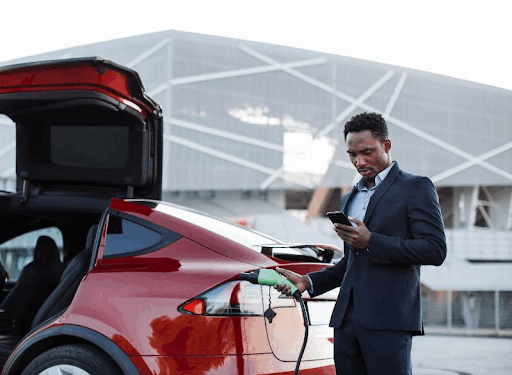Explore the practicality of electric cars in Tanzania, examining infrastructure, costs, and benefits for a sustainable transportation future.
Electric Cars in Tanzania: Are They Practical?
As the global shift towards sustainable transportation gains momentum, Tanzania is exploring the viability of electric vehicles (EVs) within its unique context. This article delves into the practicality of electric cars in Tanzania, assessing the current landscape, challenges, and opportunities for adoption.
Understanding Electric Vehicles
Electric vehicles operate using rechargeable batteries, offering an alternative to traditional internal combustion engine vehicles. Key features include:
- Zero Emissions: EVs produce no tailpipe emissions, contributing to improved air quality.
- Lower Operating Costs: Electricity is generally cheaper than petrol or diesel, reducing fuel expenses.
- Reduced Maintenance: With fewer moving parts, EVs often require less maintenance.
Advantages of Electric Cars in Tanzania
Cost Efficiency
Electric cars offer significant savings over time. Lower fuel and maintenance costs make them an economically viable option for many Tanzanians.
Environmental Impact
Adopting EVs aligns with global efforts to combat climate change. Reduced greenhouse gas emissions contribute to a healthier environment.
Technological Advancements
Modern EVs come equipped with advanced features such as regenerative braking, smart connectivity, and enhanced safety systems, offering a superior driving experience.
Challenges Facing EV Adoption in Tanzania
Infrastructure Limitations
The scarcity of public charging stations poses a significant hurdle. Most existing stations are concentrated in urban areas, limiting accessibility for rural populations.
High Initial Costs
The upfront cost of purchasing an EV remains high, primarily due to import taxes and limited local manufacturing.
Policy and Regulatory Gaps
The absence of a comprehensive national EV policy leads to uncertainties in registration processes and investor confidence.
Government and Private Sector Initiatives
Efforts are underway to address these challenges:
- Charging Infrastructure: Projects like WAGA Motion are expanding the network of charging stations.
- Policy Development: A national EV policy is in the works to streamline regulations and encourage investment.
- Public Awareness: Campaigns aim to educate citizens on the benefits and feasibility of EVs. AutoMag.tz
For more detailed insights and updates on EV developments in Tanzania, visit AutoMag Tanzania.
Conclusion
While challenges exist, the adoption of electric cars in Tanzania holds promise for a sustainable and economically beneficial transportation future. With concerted efforts from the government, private sector, and the public, EVs can become a practical reality for Tanzanian drivers.
Share Your Thoughts!
Have you considered switching to an electric vehicle, or do you have experiences to share about EVs in Tanzania? Join the conversation in the comments below!




